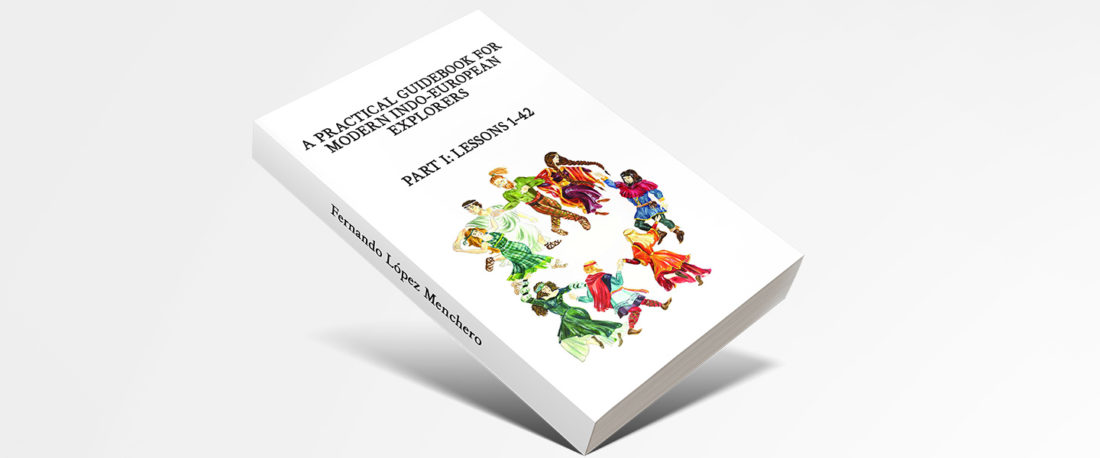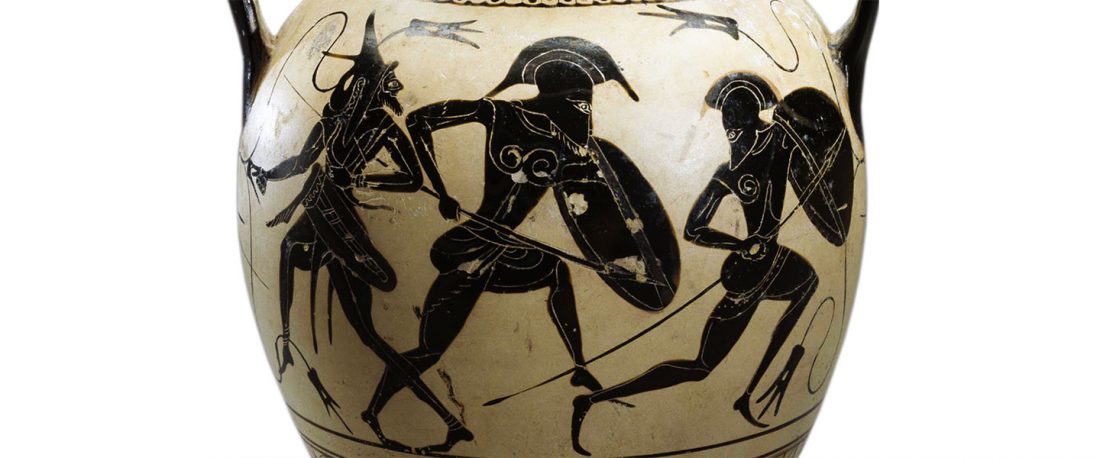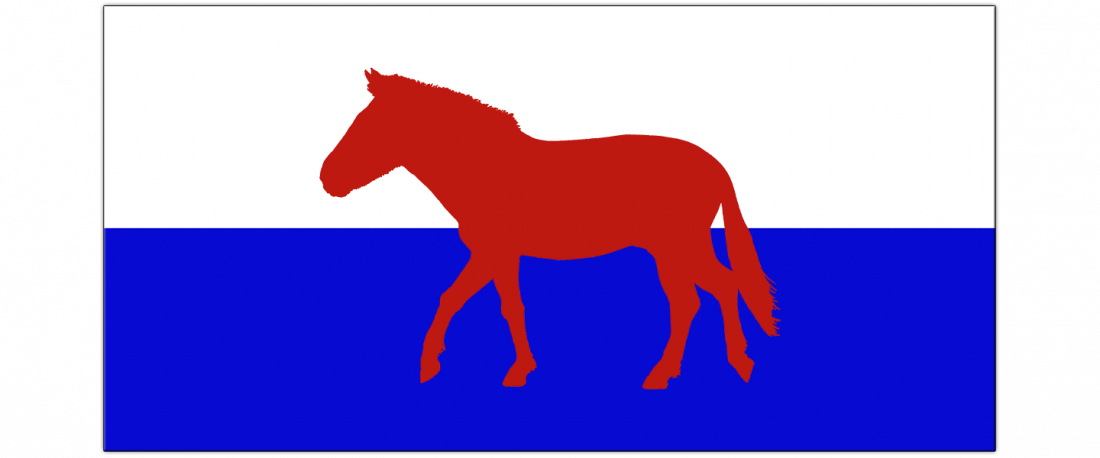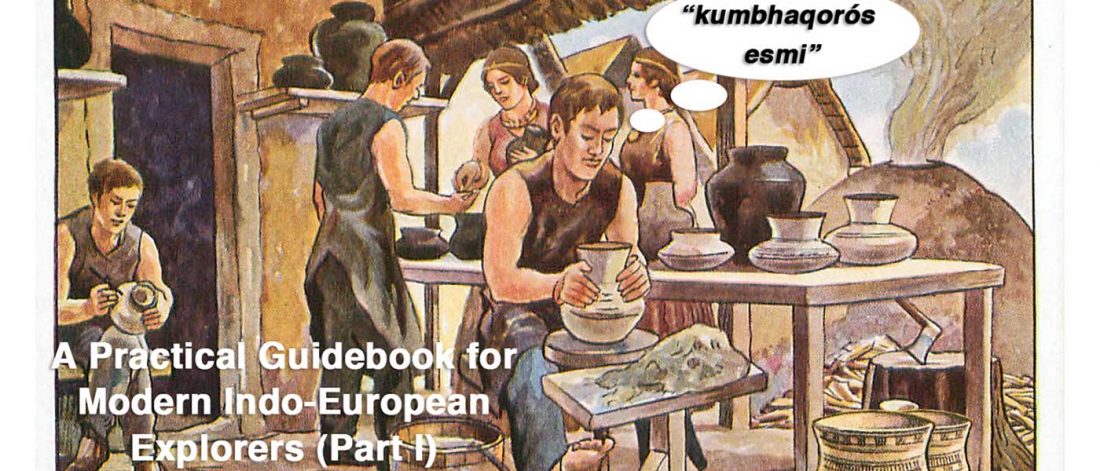Proto-Indo-European Self-Study Course Book
Today is International Mother Language Day, a day as good as any other to start or continue learning Proto-Indo-European.
Fernando López-Menchero has just published the 3rd version of his Proto-Indo-European self-study book, A Practical Guidebook for Modern Indo-European Explorers, updating the previously published 1st version (2018). It includes:
- Multiple corrections to the already published lessons 1-30, based on many comments from readers, received by email and through the Modern Indo-European Group.
- The addition of previously announced Part II of the Guidebook, now published as lessons 31-42 and Appendices.
- Corrections and updates to the supplementary materials,



